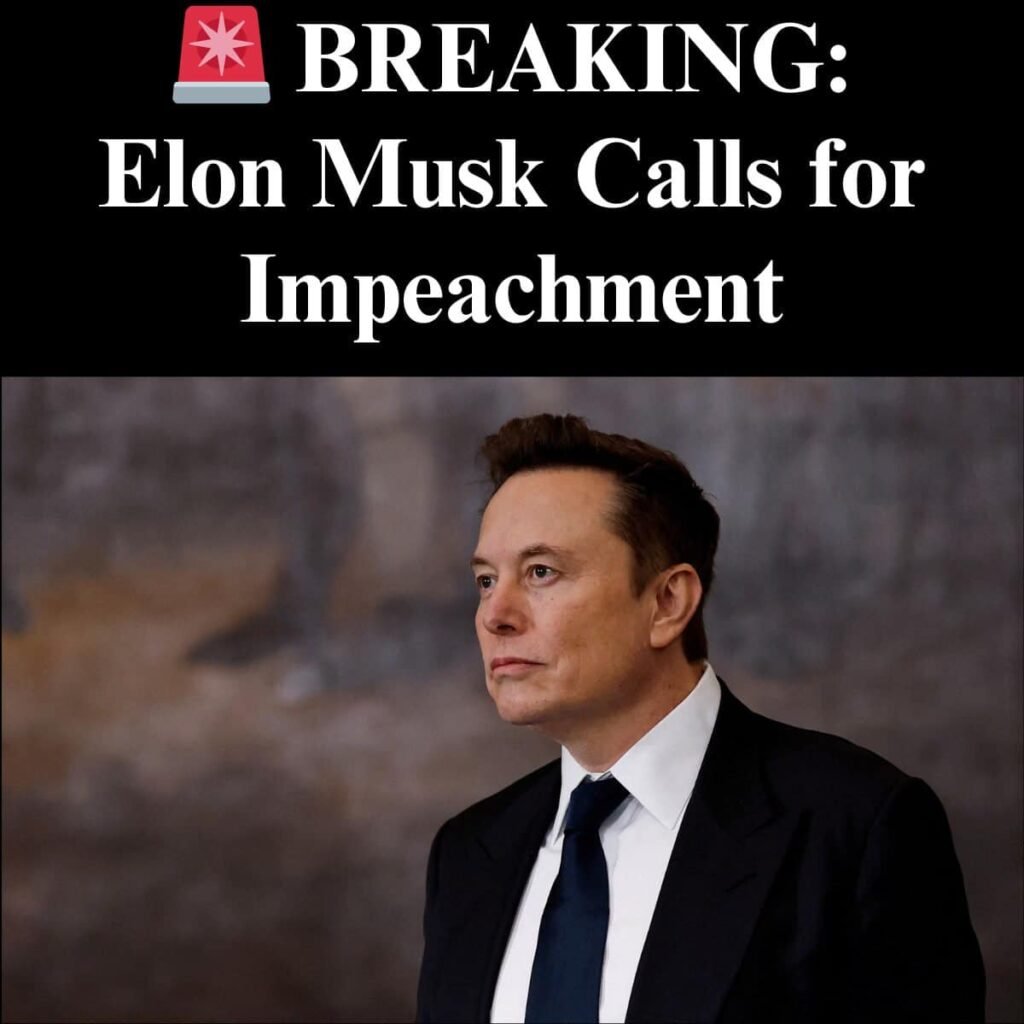Elon Musk Calls for Judicial Impeachments Amid Trump Administration Legal Battle
Elon Musk, the high-profile entrepreneur and chair of the newly founded Department of Government Efficiency (DOGE), has sparked significant controversy within political circles by advocating for a “wave of impeachments” targeting federal judges. His call to action follows a recent ruling from a D.C. court mandating the Trump administration to restore federal health datasets that had been taken offline. The court’s decision has reignited debates over transparency, judicial authority, and the separation of powers in the current political landscape.
In a post on his social media platform X, Musk expressed his concerns about what he perceives as judicial overreach, specifically referencing U.S. District Judge John Bates—a George W. Bush appointee—who presided over the case. Musk’s message laid bare his frustrations, stating, “There needs to be an immediate wave of judicial impeachments, not just one.” His remarks signal not only his opposition to the ruling but also his belief that a broader movement against perceived judicial misconduct is necessary.
The ruling itself revolves around the accessibility of vital health data, an issue that has become increasingly relevant in the wake of the COVID-19 pandemic. The Trump administration’s decision to restrict access to these datasets was met with swift backlash from public health officials and transparency advocates. Judge Bates’s instruction to restore this data has drawn a sharp response from conservative circles, framing it as an example of judicial overreach interfering with executive actions.
Musk’s intervention comes as part of a larger narrative regarding the intersection of technology, politics, and law. As the founder of companies like Tesla and SpaceX, Musk wields considerable influence, and his statements often reverberate far beyond the realm of business. His position as DOGE chair further amplifies his voice in political discussions, particularly those involving government efficiency and accountability.

The notion of pursuing impeachments against judges is a contentious one within the GOP-controlled Congress. Historically, impeachment of federal judges has been rare and often viewed as a tool for extreme political maneuvers rather than a standard practice. Critics of Musk’s call argue that using impeachment as a retaliatory measure against judges for their decisions undermines the independence of the judiciary and sets a concerning precedent for political interference.
However, Musk’s appeal resonates with a faction of Republican lawmakers and their supporters who feel that recent court rulings reflect a bias against conservative policies and judicial activism that threatens the integrity of their governmental objectives. This alignment underscores a growing divide in American politics, where judicial appointments and decisions are increasingly seen through a partisan lens.
As Musk’s statements further ignite debates surrounding judicial accountability and the role of federal judges, the implications of his call extend beyond the immediate context of the Trump administration. It highlights a crisis in trust toward judicial institutions among segments of the electorate, fueling narratives that could shape upcoming electoral battles. With the political landscape constantly evolving, Musk’s bold assertions may serve as a rallying cry for those advocating for significant changes in how the judiciary interacts with executive power.
In the wake of Musk’s comments, lawmakers are left to navigate the intricacies of the situation. As they consider their next steps, the discourse will likely evolve, setting the stage for a contentious atmosphere in Congress as the implications of judicial actions continue to unfold in tandem with political ambitions. The calls for impeachments could lead to a pivotal moment in American governance, forcing a reckoning with the balance of power and the role of judicial oversight in democratic processes.








Leave a comment